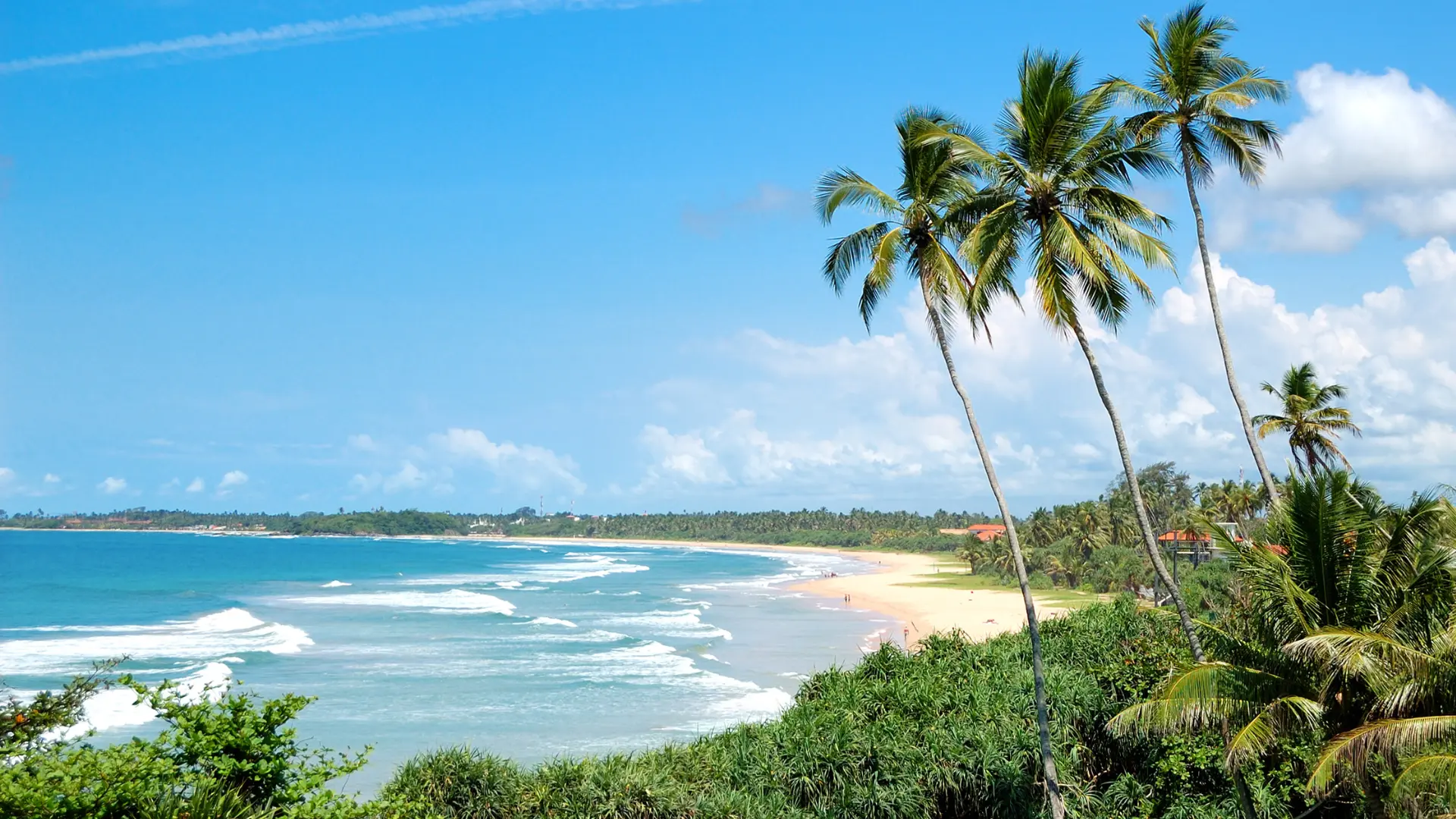Saudi Arabia, long synonymous with oil and arid landscapes, is making bold moves to redefine its environmental future. Through significant investments in green technology and environmental initiatives, the kingdom seeks to tackle issues like drought and desertification. However, critics accuse the country of “greenwashing,” questioning the sincerity of its climate solutions amid its ongoing reliance on fossil fuels.
This week, Riyadh is hosting the United Nations COP16 conference on drought and desertification, themes that resonate deeply with the Gulf nation’s environmental challenges. Officials have announced plans to restore 40 million hectares of degraded land as part of their efforts to combat desertification.
Massive Investments in Green Technology at COP26
Saudi Arabia has emerged as a leader in climate tech investment, accounting for nearly 75% of the Middle East’s investments in the sector globally, according to a 2023 PwC report. However, the distribution of these investments reveals a significant skew. Of the $363 million spent on green technologies, nearly ten times more was allocated to energy solutions compared to innovations in food, agriculture, and land use.
Innovations in Wastewater Treatment
One promising initiative is taking shape at the King Abdullah University of Science and Technology (KAUST) near Jeddah, where researchers are using microorganisms to lower the energy costs of wastewater treatment.
Environmental science expert Peiying Hong, who leads the project, described the system: “The treatment facility seeks to purify and treat wastewater in an energy-neutral or even positive way.” The process uses microorganisms to convert carbon into methane gas, which is then harnessed to power the facility.
The treated water can be repurposed for agriculture, such as growing microalgae for livestock feed or irrigating vegetation, potentially offering a sustainable solution to desertification.
Transforming Sand into Soil
Another groundbreaking development at KAUST involves turning the kingdom’s vast desert sands into fertile soil. Himanshu Mishra, a professor of environmental science and engineering, has created a carbon-enriched compost from chicken manure, an underutilized local resource.
“We are transforming sand into soil,” Mishra said, explaining how the compost acts as a sponge, retaining water and nutrients while fostering microbial biodiversity essential for plant growth.
The experimental farm using this compost is now flourishing with vegetation, a stark contrast to the surrounding barren landscapes. Mishra envisions Saudi Arabia exporting this innovative topsoil and the technology behind it to other regions facing similar environmental challenges.
As part of its Middle East Green Initiative, Saudi Arabia plans to plant 10 billion trees and rehabilitate more than 74 million hectares of land. Achieving these ambitious goals, however, requires effective water and soil resource management alongside significant financial and political backing.
Challenges in Scaling Innovations
Despite the promise of these technologies, scaling them up nationally or regionally presents challenges. “We really need venture funding and investment to demonstrate their effectiveness on a large scale,” Hong emphasized.
Private investors have begun to show interest, but raising substantial funds for these projects remains an uphill battle, as noted by John Robinson, an investor and partner at Mazarine Ventures.
The Persistent Shadow of Oil Addressed at COP26
While Saudi Arabia’s green initiatives are notable, its position as the world’s largest crude oil exporter remains a central contradiction. The kingdom has championed technologies like carbon capture and hydrogen production under its “circular carbon economy” framework. However, critics argue that these efforts serve to sustain its fossil fuel dominance rather than reduce its environmental impact.
In May 2024, the European Centre for Democracy and Human Rights (ECDHR) criticized Saudi Arabia’s Green Initiative, stating that it “conceals the country’s ongoing reliance on fossil fuels and contempt for environmental justice behind lofty sustainability promises.”
The kingdom, however, defends its policies as essential for energy security, pointing to the need for a balanced transition that preserves economic stability while advancing environmental goals.



















